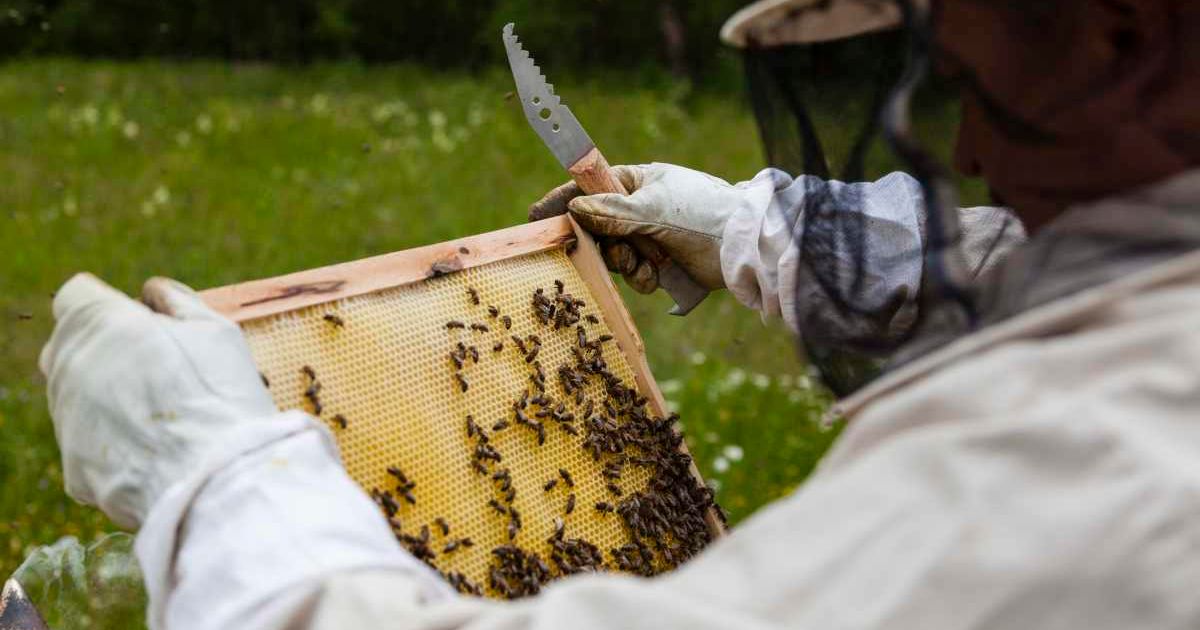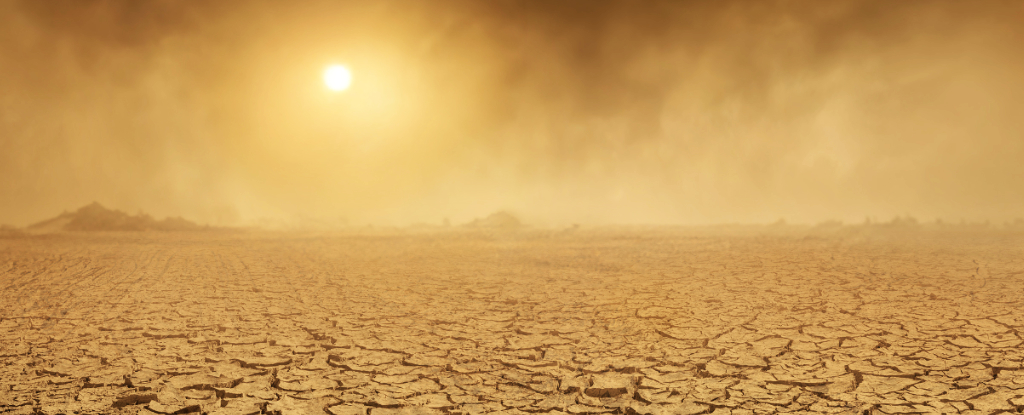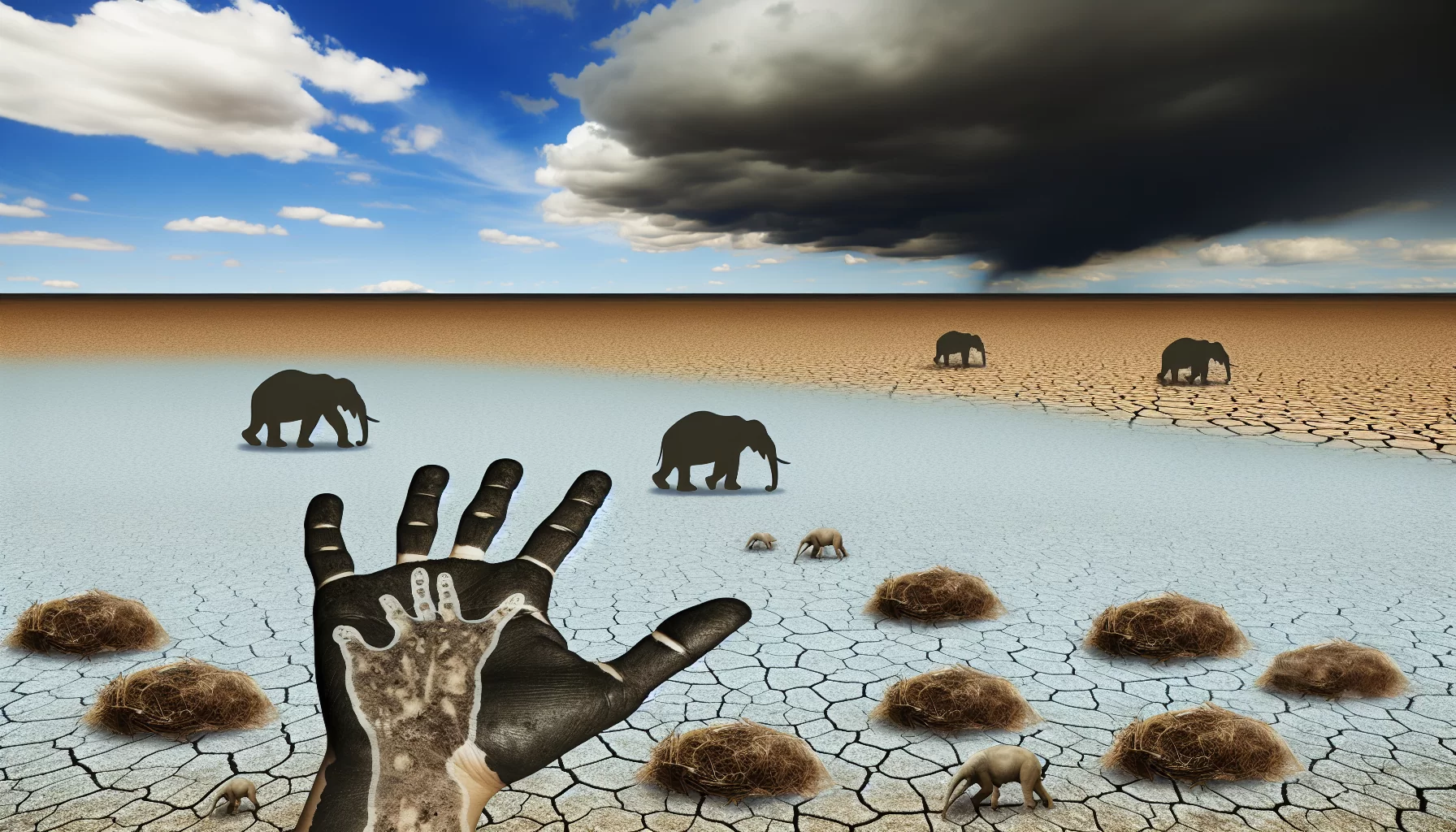
Experts believe the rapid decline in their population is driven by several natural and human-made threats.

The study suggests that emperor penguins, iconic residents of Antarctica, need to be uplisted to threatened on IUCN Red List.

Nearly a third of fungi species assessed by international conservation experts were found to be at risk of extinction from threats like agriculture, deforestation and urban sprawl.

At least two mass extinction events in Earth's history were likely caused by the "devastating" effects of nearby supernova explosions, a new study suggests.

A landmark assessment of the health of nearly 24,000 freshwater species found that just under a quarter are at risk of extinction.

This 'Great Dying' appears to have been driven by a complex series of incidents, with a new study finding prolonged, intense climate fluctuations not unlike modern El Niños almost undoubtedly made a bad situation a lot worse.

A space rock that smacked into Earth 66 million years ago and devastated the ancient life living thereon took a remarkably circuitous route to get here, a new study has found.

To save a diversity of plants and animals from the current mass extinction, the UN introduced a historic 'peace pact with nature' at the end of 2022, in which countries pledged to turn 30 % of the planet into protected zones by 2030.

A recent study has shed new light on this topic, pointing the finger more directly at human activity as the major cause of this mass extinction.

The loss of wolves to the region has been largely overlooked by humans, even in our scientific research, but the impact of their absence is written loudly in the missing trees.

Fossils from La Brea Tar Pits in Southern California suggest that sabertooth cats and other large North American mammals disappeared as a result of wildfires spurred by human activity.

Mounting evidence is pointing to the world having entered a sixth mass extinction. If the current rate of extinction continues we could lose most species by 2200.

In 2021, a global assessment found a shocking one-third of all tree species are currently teetering on the edge of existence. The extinction of a single species can cause a massive domino effect.

From the rapid development of vaccines for Covid-19 to the stunning collection of an asteroid sample, these were the biggest science moments of the year.

It looks like another extinction prior to the appearance of the dinosaurs paved the way for their long reign. That extinction took place about 233 million years ago. And scientists have only now discovered it.